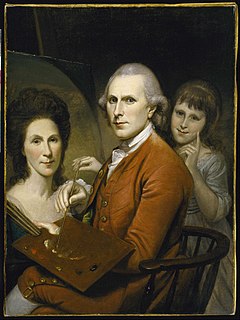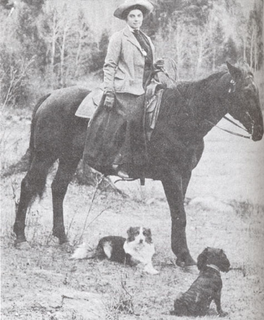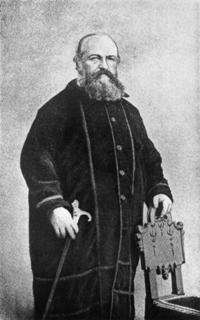A Quote by Charles Willson Peale
The Learner must be led always from familiar objects toward the unfamiliar, guided along, as it were, a chain of flowers into the mysteries of life.
Related Quotes
Life itself today has lost its plane reality: it is projected, not along the old fixed points, but along the dynamic coordinates of Einstein, of revolution. In this new projection, the best-known formulas and objects become displaced, fantastic, familiar-unfamiliar. This is why it is so logical for literature today to be drawn to the fantastic plot, or to an amalgam of reality and fantasy.
The historian of science may be tempted to claim that when paradigms change, the world itself changes with them. Led by a new paradigm, scientists adopt new instruments and look in new places. even more important, during revolutions, scientists see new and different things when looking with familiar instruments in places they have looked before. It is rather as if the professional community had been suddenly transported to another planet where familiar objects are seen in a different light and are joined by unfamiliar ones as well.
The house begins to be a home. The unfamiliar places are beginning to fold the familiar objects into their keeping and to cozy them down. Objects that swore at each other when the movers heaved them into the new rooms have subsided into corners and sit to lick their feet and wash their faces like cats accepting a new home.
With my students I give them lots and lots of guided writing. Part of it is as simple as writing a lot but not toward anything. The mind floats. Then I help them see where the language has heat. If we do this a lot in class, students eventually relax into this writing practice and enjoy it. Even just that - writing pleasure without the anxiety of "audience" or "grade" or "success" - is a kind of impetus toward the unfamiliar.
The boy and the man must be raised to see the possibility of self worth, then meet a few others who provide the vision of a road toward it, then spend a lifetime pursing that worth through action and relationship. One of the great tragedies in human life is to be born a male and not be guided toward the value of a man.
We apply the language that is comforting and comfortable and familiar in order to grasp that which confuses and scares us. That is the first step toward cliché and stereotype, as they're comforting devices. They reduce the confusing world to the already familiar. We're always smoothing out the bumps of actual living to turn it into narratable life.









































